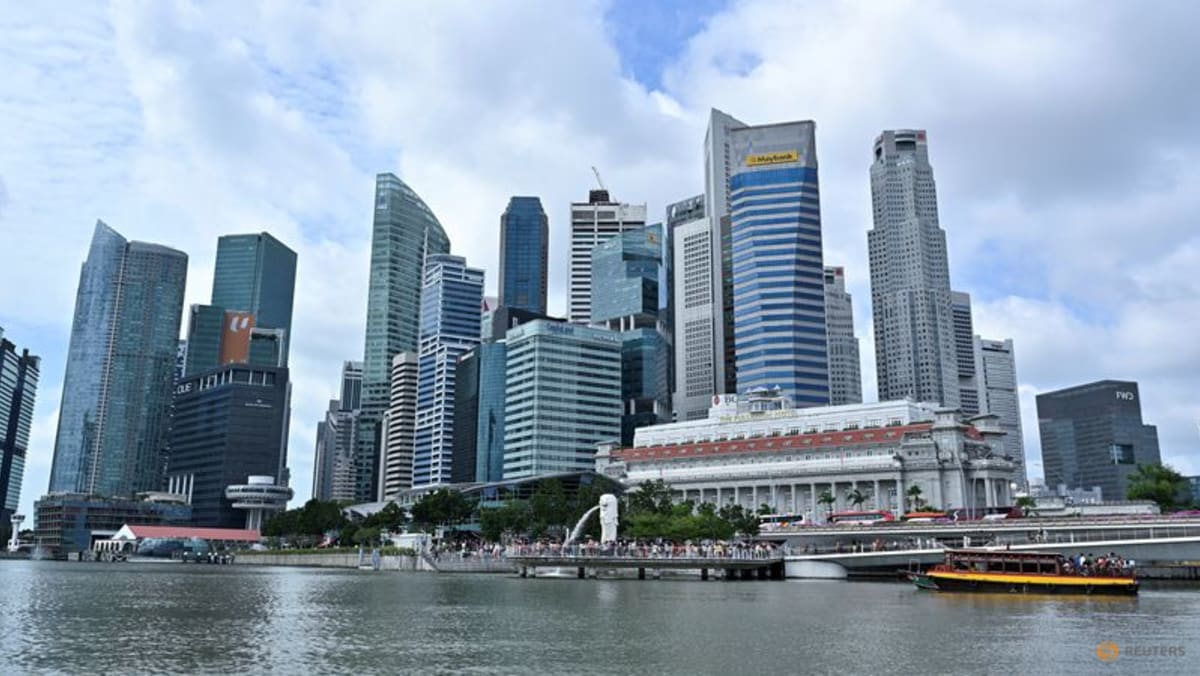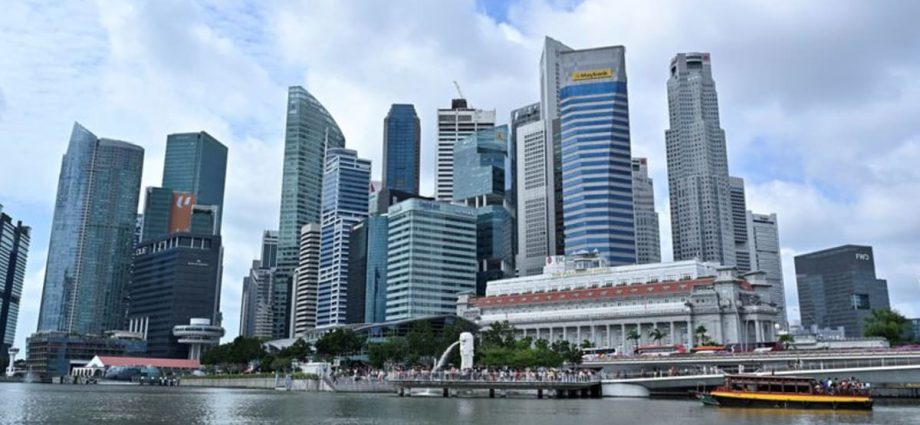
What’s Singapore’s approach?
Singapore has, since 2022, signalled that it was mulling a top-up tax for large MNEs. A year later, Mr Wong confirmed that it will kick in from 2025, though details were scant.
On Friday, in his Budget speech, Mr Wong announced that from Jan 1, 2025, Singapore’s corporate income tax regime will move ahead with two components under the second pillar of BEPS 2.0.
The first is the Income Inclusion Rule.
Under this, an MNE parented in a jurisdiction will pay 15 per cent corporate tax for all overseas profits. The rule kicks in when an MNE’s overseas subsidiary is taxed below the new tax floor – a move to ensure that the parent entity consistently pays a 15 per cent tax rate regardless of where it operates, experts said.
In summary, this means MNE groups with parent companies in Singapore will have to pay a minimum effective tax rate of 15 per cent on profits made by their overseas subsidiaries.
The second is the Domestic Top-up Tax or Domestic Minimum Tax, which applies to local profits made by MNE groups.
This allows a jurisdiction to retain taxing rights and collect any top-up taxes which kick in when the effective corporate tax rate of an MNE’s local profit is below 15 per cent. If uncollected, these will flow overseas, such as to an MNE’s parent jurisdiction, under the Income Inclusion Rule mentioned earlier.
Although Singapore’s headline corporate tax rate is at 17 per cent, many businesses pay a lower effective tax rate due to various reliefs aimed at encouraging activities beneficial to economic development.
Authorities here have previously pointed to about 1,800 MNE groups in Singapore that would meet the revenue threshold of 750 million euros (to be taxed the global minimum corporate tax rate). “A majority” of these have effective tax rates below 15 per cent, and thus qualify to pay top-up tax.
“Without this tax, these MNE groups would have had to pay their parent jurisdictions the effective tax rate of 15 per cent on their Singapore profits,” Mr Wong said on Friday.
Hence, it’s in Singapore’s interest to implement this top-up tax, so that the country collects the tax “rather than have it go somewhere else”.
Another component, the Undertaxed Profits Rule, will be considered at a later stage.
This rule largely functions as a backstop to instances where the Income Inclusion Rule or Domestic Top-up Tax is not enforced, said the Grant Thornton advisory’s Singapore head of tax David Sandison. So the delay is “not surprising”, he added.
“The best example is the low-taxed Singapore income of a Singapore parented group or the low-taxed profit of a Singapore subsidiary being held directly by a non-BEPS country. There is no rush to tax either of these if no other country is getting the top-up tax,” he explained.
Altogether, the latest corporate tax announcements provide “welcome certainty” for affected MNEs to plan their overall business strategies, said Mr James Choo, international tax and transaction services partner at professional services firm EY.

